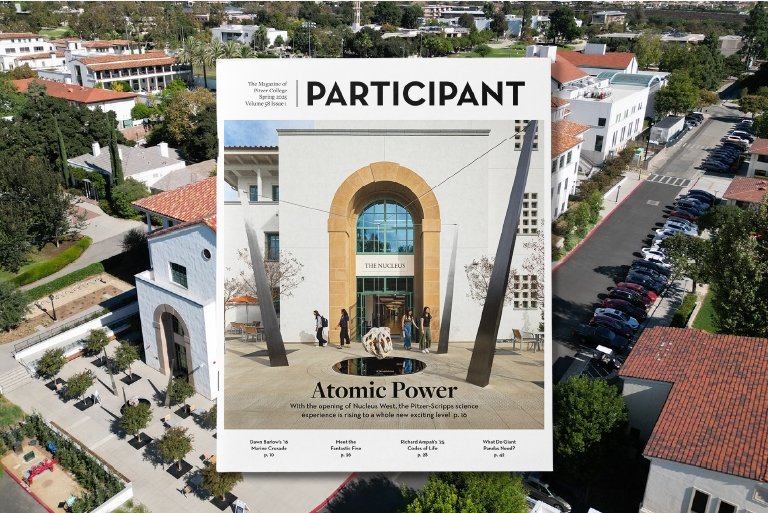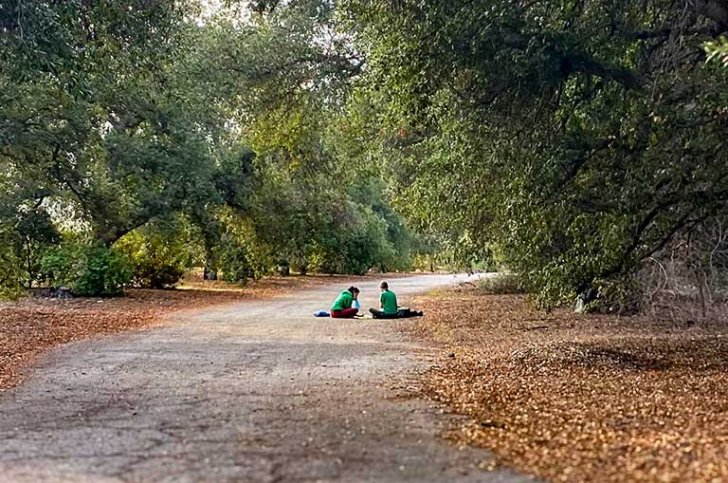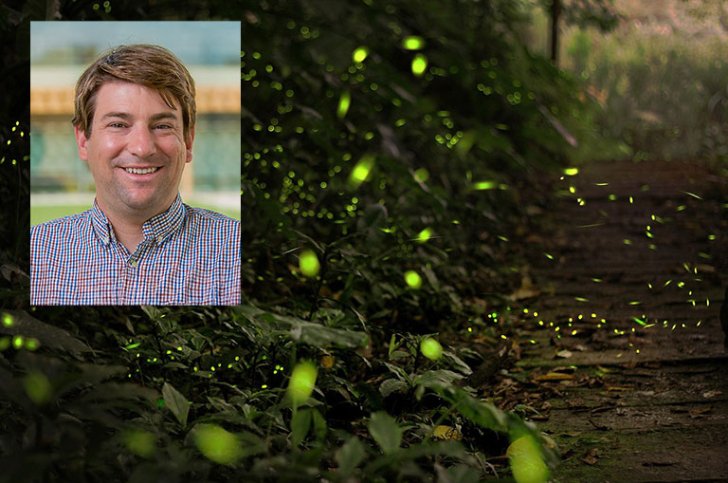New Participant Issue Experiments in Scientific Curiosity
From cracking the codes of life to the biology of making a difference, the spring 2025 magazine showcases the Pitzer science experience and the opening of an exciting new facility, Nucleus West.

Connecting the real world and the classroom has experienced a new evolution at the Department of Natural Sciences of Pitzer and Scripps Colleges. The latest spring issue of Participant magazine highlights social responsibility taking shape in the lab, the field, and the 65,000-square-foot space in Nucleus West.
The Nucleus’ state-of-the-art facility is just the latest exciting development from Pitzer’s science community. The summer science immersion program has commemorated 12 years of supporting new students. Professors have received prestigious research grants, while new faculty have brought their expertise in biology, mathematics, chemistry, and environmental science to the forefront.
Meanwhile, alumni are pursuing exciting science careers on land and at sea. Jana Biedenweg ’20 cares for the first giant pandas to come to the U.S. in two decades, while Dawn Barlow ’16 deciphers the mysteries of blue whales.
Students like Richard Ampah ’25 and Scotia Rollins ’25 integrate their scientific explorations with various disciplines—including philosophy, technology, sociology, and mathematics. They want to make an impact not just in academia but in everyday life. Science students also pursue creative outlets, such as designing challenges for the Survivor: Claremont club.
Participant’s spring issue also features commentary from Redford Conservancy Director Susan Phillips about the SoCal Earth online tool and from Ulysses J. Sofia, our science dean, about how a rocket launch inspired his curiosity and his hopes for science students today.
Pitzer offers a multitude of hands-on opportunities for aspiring scientists and changemakers. Anyone deciding to pursue their undergraduate science career at Pitzer College will find it greatly enriched by the liberal arts environment.
As Pitzer President Strom Thacker explains in his message in the new issue: “The humanities, as well as the social sciences, provide our natural science students with a vital context for understanding scientific discoveries. No discovery happens in a vacuum … and the study of the humanities teaches students to see how scientific ideas emerge against the backdrop of important cultural and social changes.”
News Information
Published
Author
Bridgette Ramirez
Organization
- Department of Natural Sciences


